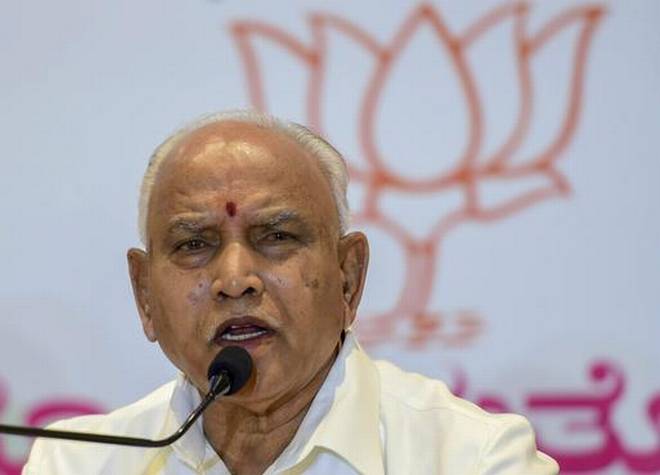Dubai, May 9: The wholehearted and collective effort of Karnataka NRI Forum, UAE and its president Mr. Praveen Shetty made it possible to have the first repatriation flight to Mangaluru – Karnataka from UAE. The Union Minister of India Mr. Sadananda Gowda tweeted on May 8th that the evacuation flight will fly from Dubai on May 12th with stranded citizen of India in UAE.
The whole world is under the impact of pandemic Covid 19. Government of India has announced the flights to repatriate its stranded citizens from all over the world. Sadly, the first batch of the announced flights had no mention of any flights from Gulf countries to Karnataka.
In Gulf countries, especially in UAE, thousands of Kannadigas are working for their livelihood. In this population major part is shared by coastal Karnataka people who belong to Mangalore, Udupi and other nearby districts. This lack of consideration of Mangaloreans for repatriation was made whole Kannadiga’s in deep sadness, where as many Kannadiga’s were waiting for flights to obtain urgent medical assistance and other medical support back in their home country.
Once after obtaining the news of not having flights to Karnataka from UAE, Mr. Praveen Shetty immediately actioned and wrote letter to concerned departments and ministers under the banner of KNRI. Mr. Praveen Shetty was in continuous follow up with Deputy Chief Minister of Karnataka Dr. Ashwath Narayan, Mr C.T. Ravi Minister for Tourism of Karnataka, Union Minister of India Mr. Sadananda Gowda, Minister of Parliamentary Affairs (India) Mr. Pralhad Joshi, Minister of Railways of India (Minister of State) Mr. Suresh Angadi and officials of Aviation ministry along with other concerned departments.
The efforts have now given the result and finally the confirmation has been obtained from Mr. Sadananda Gowda about consideration of repatriation flights to Mangalore from Dubai on May 14th. It is expected that Aviation ministry will officially announce the flight arrangement and other operational information shortly.
Speaking to media, Mr. Praveen Shetty said, Karnataka NRI Forum is always committed to serve Kannadigas and the collective effort of core committee members, ministers of Karnataka & Govt of India including the Aviation & other concerned ministries made possible the most important and much awaited flight to Mangalore from UAE to repatriate expats who are in need. I thank each and everyone who joined their hands to make this possible.
Mr. Praveen Shetty is a well-known businessman in UAE who manages Fortune Group of Hotels in UAE & Georgia. He selflessly given his 3-star hotel to UAE ministry to operate as Quarantine facility to people who are under observation with Covid 19. Also, he joined his hands with organizations in UAE who are extending their helping hand to needy people in UAE.
With the help of likeminded businessmen and professionals, the KNRI forum under the leadership of Mr. Praveen Shetty along with ‘Dubai Anivasi Kannadigaru’ started a helpline called “Kannadigas Helpline” through which they received around 3000 requests for food, medical, legal and other assistance. They aided many Covid infected people with quarantine and isolation by the help of Dubai Health Authority, Ministry of Health, Dubai Police and Consulate General of India under the guidelines of Dubai Govt.
Mr. Praveen Shetty expressed his gratitude to Dubai Health Authority, Ministry of Health, Dubai Police and Consulate General of India for their professional guidance and help to Kannadigas during the pandemic Covid 19 situation.






Comments
good job police..
this type of criminal only spoiling our city name, must put this people out of the country,
maximum punishment needed they have to remember while thinking of it.
he must recieve maximum punishment.
well done police team, soon u find out the culprit.
Add new comment